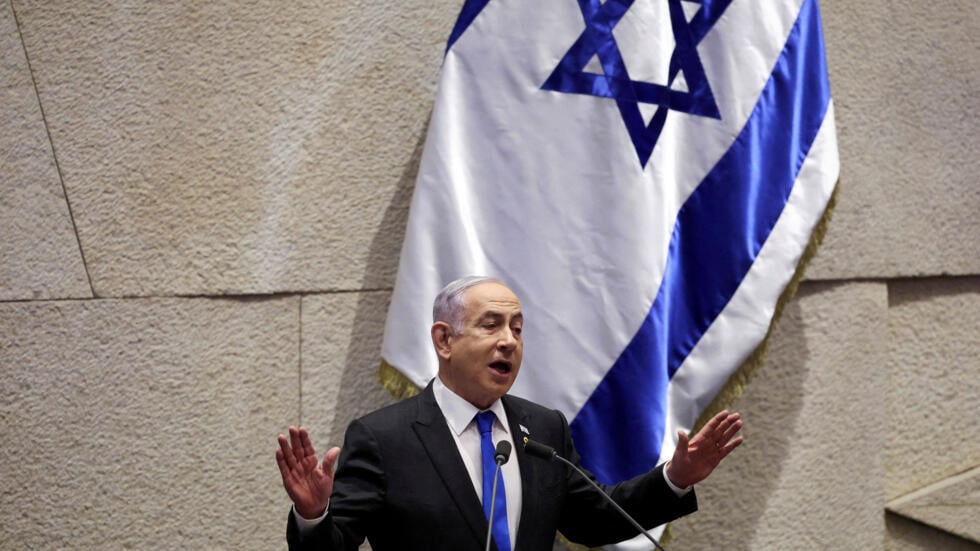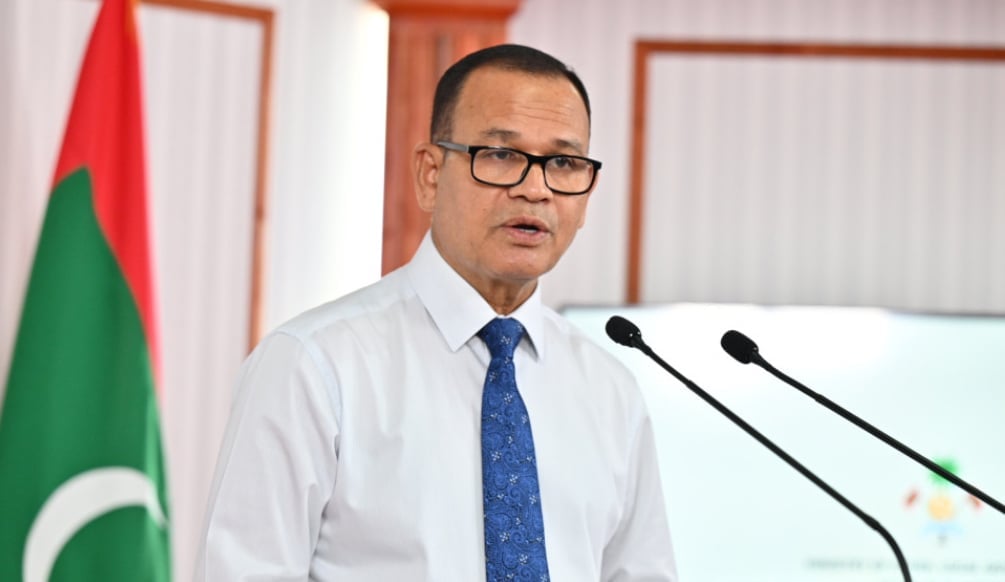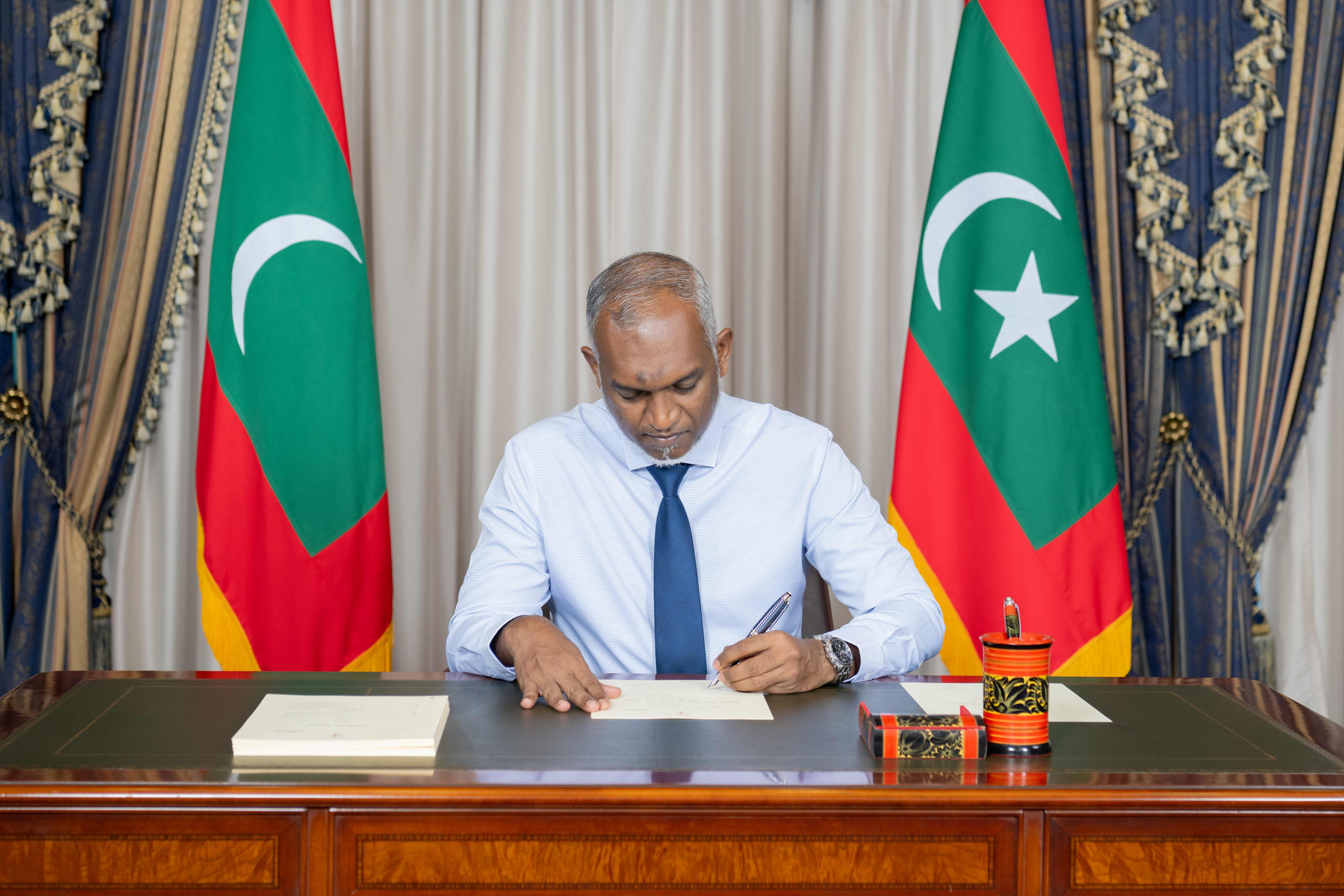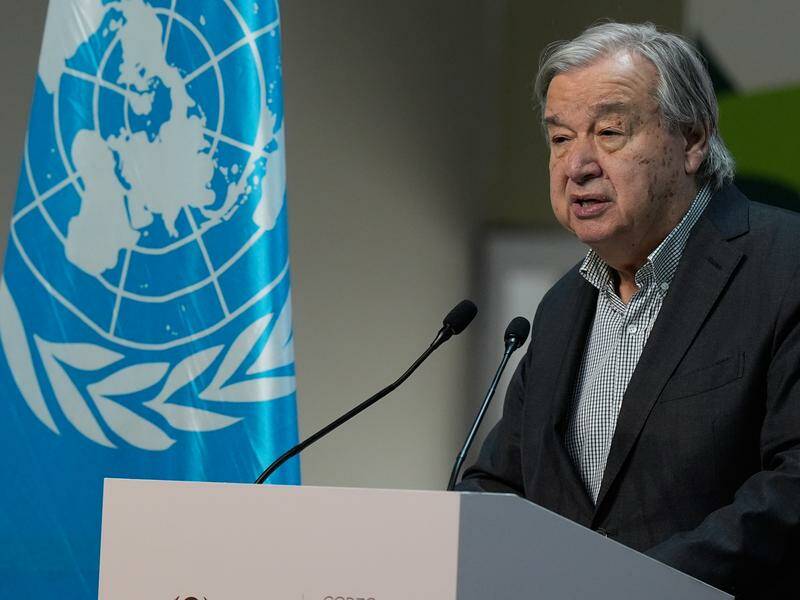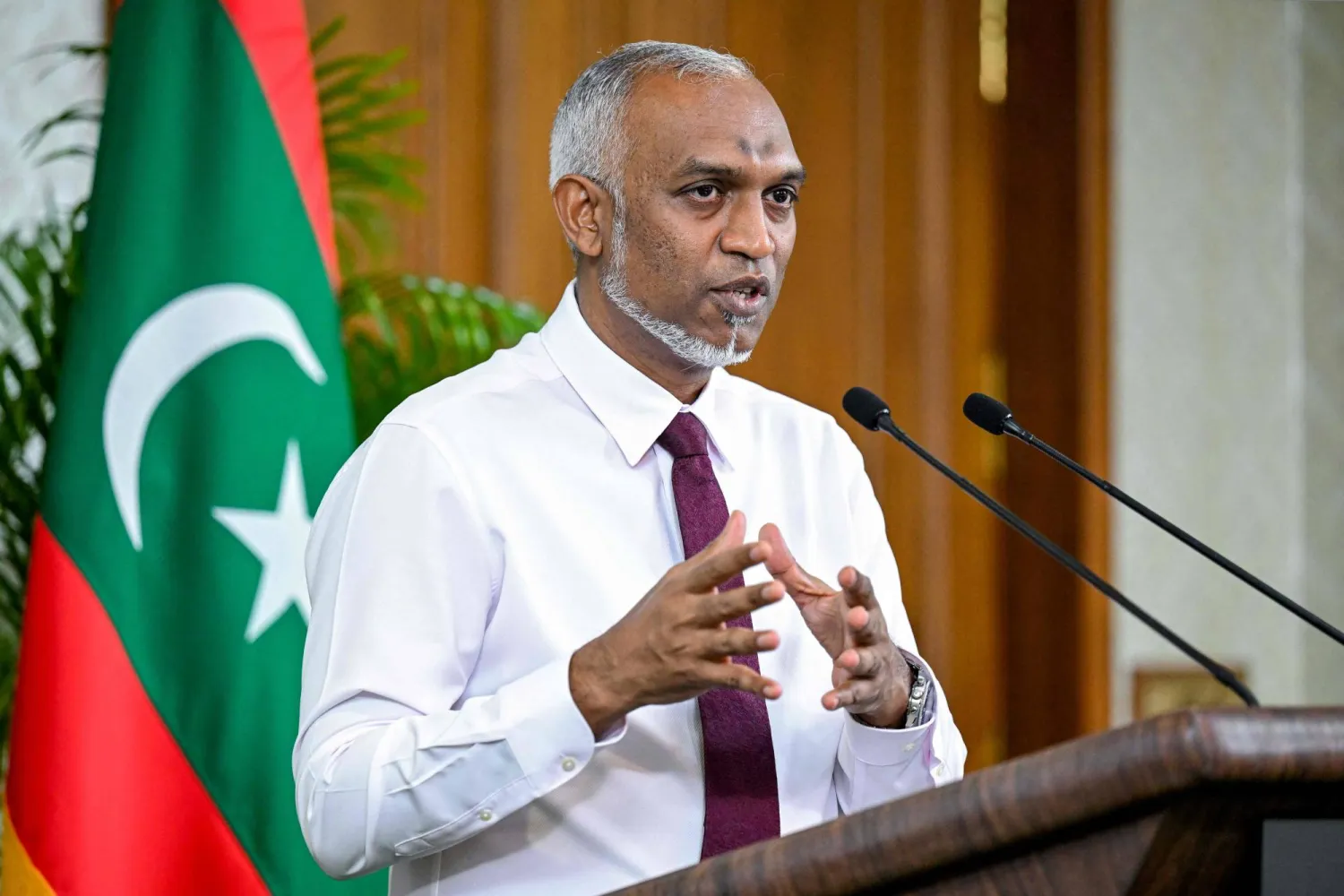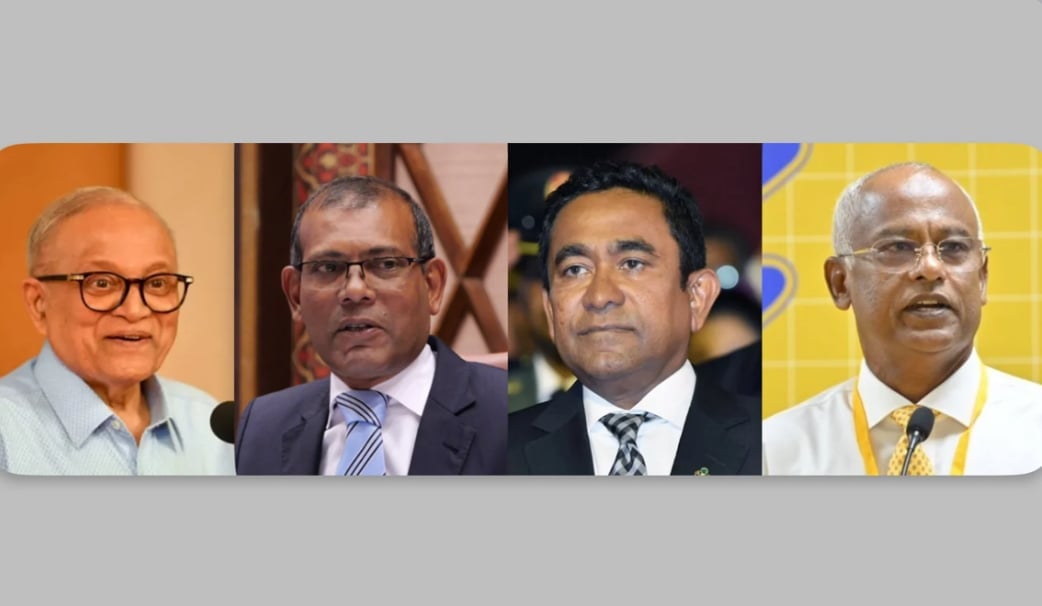Israeli Prime Minister Benjamin Netanyahu has stated that the assassination of Yahya Sinwar, the Hamas chief in Gaza, marks the “beginning of the end” of the year-long war in the region.
This assertion follows a military operation on Wednesday that reportedly resulted in Sinwar’s death in southern Gaza.
Netanyahu described the event as a pivotal moment in diminishing Hamas’s influence, saying, “While this is not the end of the war in Gaza, it’s the beginning of the end.” He emphasized that Sinwar had orchestrated the deadly October 7 attack, which claimed the lives of over 1,200 people in Israel.
The Israeli military's announcement came after a protracted hunt for Sinwar, who became the leader of Hamas following the killing of its political chief earlier this year. His death is seen as a substantial blow to the militant organization, which has faced intensified Israeli military actions since the onset of the conflict.
In response to Sinwar's killing, U.S. President Joe Biden expressed support, calling it a “good day for Israel, for the United States, and for the world.” He underscored the potential for a political resolution in Gaza without Hamas in power.
As the war continues, Israeli military officials pledged to keep pursuing Hamas members involved in the October 7 attack, while the civilian toll in Gaza has soared, with over 42,000 reported deaths, predominantly among non-combatants, according to local health authorities.
Despite the optimism surrounding Sinwar's death, analysts caution that the situation remains precarious. Israeli military historian Guy Aviad noted the “grave danger” facing hostages still held by Hamas, indicating that Sinwar's killing, while significant, does not guarantee a swift resolution to the conflict.
This assertion follows a military operation on Wednesday that reportedly resulted in Sinwar’s death in southern Gaza.
Netanyahu described the event as a pivotal moment in diminishing Hamas’s influence, saying, “While this is not the end of the war in Gaza, it’s the beginning of the end.” He emphasized that Sinwar had orchestrated the deadly October 7 attack, which claimed the lives of over 1,200 people in Israel.
The Israeli military's announcement came after a protracted hunt for Sinwar, who became the leader of Hamas following the killing of its political chief earlier this year. His death is seen as a substantial blow to the militant organization, which has faced intensified Israeli military actions since the onset of the conflict.
In response to Sinwar's killing, U.S. President Joe Biden expressed support, calling it a “good day for Israel, for the United States, and for the world.” He underscored the potential for a political resolution in Gaza without Hamas in power.
As the war continues, Israeli military officials pledged to keep pursuing Hamas members involved in the October 7 attack, while the civilian toll in Gaza has soared, with over 42,000 reported deaths, predominantly among non-combatants, according to local health authorities.
Despite the optimism surrounding Sinwar's death, analysts caution that the situation remains precarious. Israeli military historian Guy Aviad noted the “grave danger” facing hostages still held by Hamas, indicating that Sinwar's killing, while significant, does not guarantee a swift resolution to the conflict.





